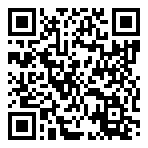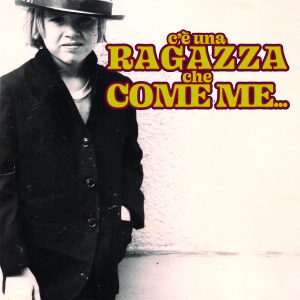Descrizione
A premise: The train of life
“It happened to me: I was puffing and trudging on top of my train
up the hill, and the engine, even though it was going at full speed,
was slow and bogged down in the slush. Therefore, I jumped on
another locomotive, which was going in the opposite direction! I
gave my life a further acceleration and started to run fast on a
soft, snowy road surface.
Power or ability is useless if you don’t run on the right road. People
have different ways of getting to power or doing things the
best way they can. Nevertheless, the question we always ask ourselves
is: are we on the right path?
Is our journey what it was meant to be, or are we going in the
wrong direction?
Our time is determined, and it is difficult to measure. It flows away
but it flows on the road that has been marked by the locomotive
that we have chosen. This should never be forgotten.
It happened to me: I jumped on the right train.
One sleepless night, when I was thinking about my debts, how unhappy
I was, and couldn’t fall asleep. I had an idea that would
change the history of diabetes. I was reading an article published
in a medical journal that I received that day, titled ‘The relationship
between islets of Langerhans and diabetes in a case of pancreatic
lithiasis’ by Moses Barron.
Among other things he said that those who had damage of the
islets of Langerhans became diabetic and that the damage was an
obstruction damage…”
With these words, Frederick Banting summarized the meaning of
his life and the genesis of the discovery of insulin, after the award
of the Nobel Prize for Medicine in Stockholm in 1923, and this
story is incredible. Just as incredible is the story of the Nobel Prize
7
awarded to two researchers: Banting himself (then a 32-year-old
doctor) and Professor James Macleod, Professor of Physiology at
the University of Toronto, an expert on carbohydrate metabolism.
Nobel divided then further for four, including Charles Best and
Bert Collip, two other researchers, with an endless procession of
controversy, recriminations and disputes…
However, the story of the discovery of insulin that I want to tell
involves many other exceptional people, or exceptionally normal,
as in a fascinating game of Chinese boxes. Their names are August
and Marie Krogh, Nicolae Paulescu, George L. Zuezler, Eli Lilly
sr, George Alec Clowes, and, for different reasons, Elisabeth Hughes,
Sergej Diaghilev, Leonard Thompson. Researchers, scientists,
doctors, but also just women and men who discovered
themselves as diabetics, in a historical period in which this disease
still meant death in a few years from the time of diagnosis.
The discovery of insulin, in one way or another has changed the
lives of all of them, as well as many other millions of people. Exceptional
people or exceptional normality that have met on the
train of life, sitting in the same compartment, crossing in one of
the many railway stations, or simply, in some cases, arriving late
to the platform and missing the connection with the train of destiny.
Listen the playlist selected by Renato Giordano






Recensioni
Ancora non ci sono recensioni.